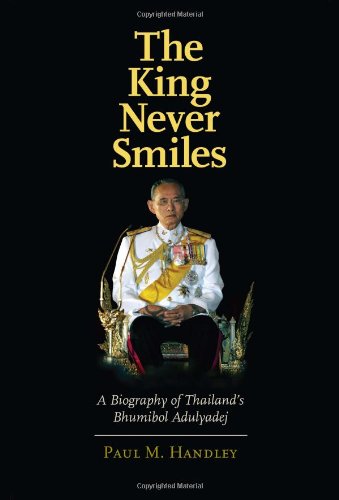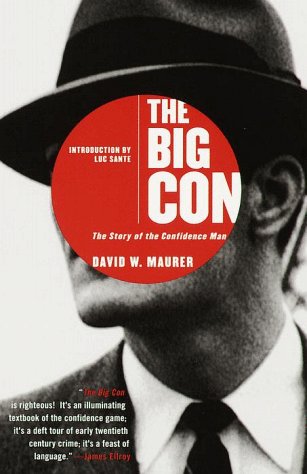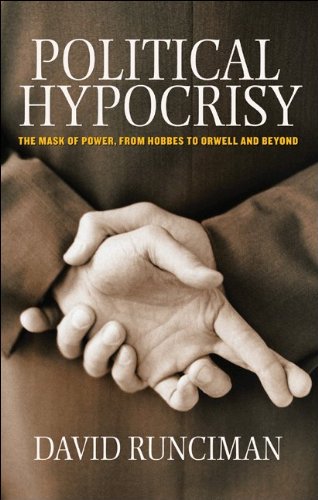David W. Maurer – The Big Con (1940)
Long before the con man became the second laziest trope in all of movies and television, (after the serial killer), genuine gentleman swindlers roamed the land in search of wealthy marks with “larceny in their veins” and a taste for the “sure thing”, and used elaborate big store setups to encourage them to give away their money.
Recommended: Yes. Most of all for the attention it gives to the language of the con men, which seems to have been linguist Maurer’s original motivation for talking to them. This may in fact be the only interesting book ever written by a linguist. (No? Give me a counterexample!)

Paul M. Handley – The King Never Smiles (2006)
Bhumipol Adulyadej, the King of Thailand, and the longest-serving current head of state, has cultivated an image as a dhammaraja, a ruler whose strict adherence to Buddhist virtue makes him the moral center of his country. Reality is a bit less virtous: Bhumipol is a player who interferes rarely but decisively in political life, usually preferring stern generals over chaotic democracy.
Recommended: Weakly. The subject is interesting, and can only be dealt with honestly by a foreign historian, because of Thailand’s powerful lese-majesty laws. But the book covers nearly a century in 450 pages, and eventually gets bogged down in a never-ending series of coups and generals. Handley doesn’t actually have much to say about Bhumipol at all. His image is too well protected.



